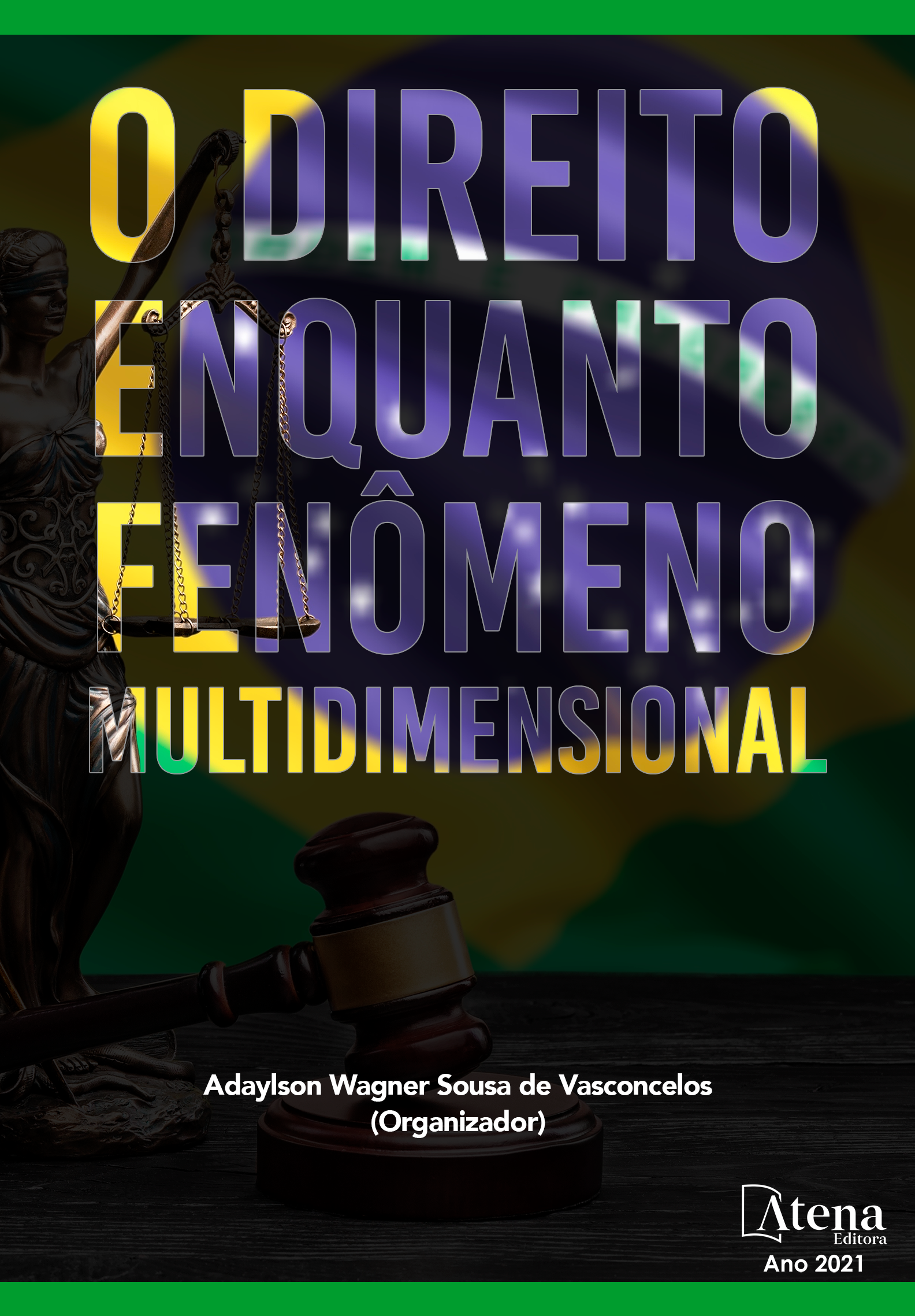
INCONSTITUCIONALIDADE DA OBRIGATORIEDADE DO USO DO BAFÔMETRO
Com o aumento substancial de acidentes envolvendo motoristas embriagados, o legislador está se empenhando em criar leis que coíbem as condutas ilícitas de dirigir sob os efeitos do álcool. Assim, com o advento da Lei 13.281/2016, houve a inclusão de um novo artigo no Código de Trânsito Brasileiro, definindo como infração de trânsito o ato do condutor em recusar a submeter ao teste do bafômetro, exame clínico, ou outro procedimento que permita certificar a influência de álcool ou substância psicoativa. Contudo, a nova legislação fere diversos princípios e direitos fundamentais descritos na Constituição Federal, contrariando Tratados Internacionais, havendo jurisprudências deliberando contra a aplicação da norma. O método científico abordado para elaboração do trabalho é a utilização do neoconstitucionalismo como referencial teórico, para embasamento e desenvolvimento do tema, e como método de pesquisa o hipotético-dedutivo, posto que é exposto inicialmente a proposta do trabalho, suas expectativas que desencadearam a pesquisa e a exemplificação das descobertas inerentes ao assunto, bem como a formulação do problema. O presente trabalho tem como objetivo demonstrar o avanço nas mudanças na legislação de trânsito conforme a demanda da sociedade e a inaplicabilidade do artigo supracitado. Subsequentemente apresentar a possibilidade de comprovação da embriaguez por outros meios que a legislação permite para que haja a punição dos condutores e diminuição nos índices de acidentes envolvendo motoristas alcoolizados.
INCONSTITUCIONALIDADE DA OBRIGATORIEDADE DO USO DO BAFÔMETRO
-
DOI: 10.22533/at.ed.66521190810
-
Palavras-chave: Embriaguez ao volante; bafômetro; Inconstitucionalidade; infração de trânsito.
-
Keywords: Driving under the influence; alcoholometer; Unconstitutionality; traffic violation.
-
Abstract:
With the substantial increase in accidents involving drunk drivers, the legislator is working to create laws that curb illicit conduct under the influence of alcohol. Thus, with the advent of law 13281/2016, a new article was included in the Brazilian Traffic Code, defining as a traffic violation the act of the driver refusing to submit to the breathalyzer test, clinical examination, or other procedure that allows certify the influence of alcohol or psychoactive substance. However, the new legislation violates several principles, fundamental rights described in the Federal Constitution, contrary to International Treaties, as well as jurisprudence deliberating against the application of the norm. The scientific method approached for the elaboration of the work is the use of neo-constitutionalism as a theoretical reference, for the foundation and development of the theme, and as hypothetico-deductive method of research, even as it is exposed initially the work proposal, its expectations that triggered the research and the exemplification of the findings inherent in the subject, as well as the formulation of the problem. The present work aims to demonstrate the progress in the changes in traffic legislation according to the society's demand and the inapplicability of the aforementioned article. Subsequently present the possibility of proving the drunkenness by other means that the law allows for punishment of drivers and decrease in the rates of accidents involving drunk drivers.
-
Número de páginas: 26
- HENRIQUE GIACOMINI


